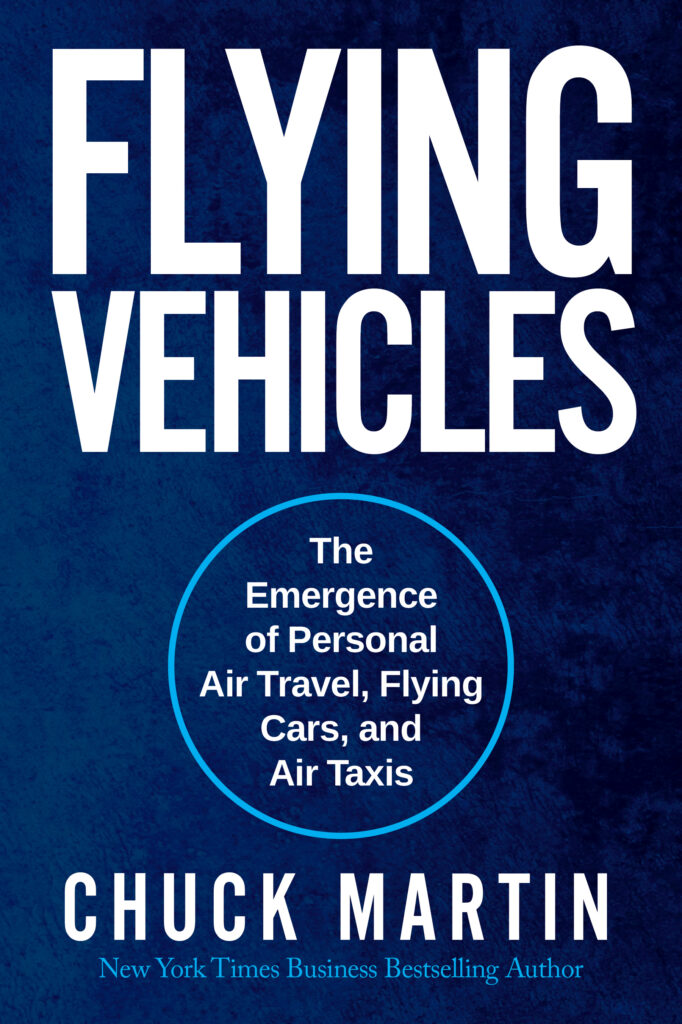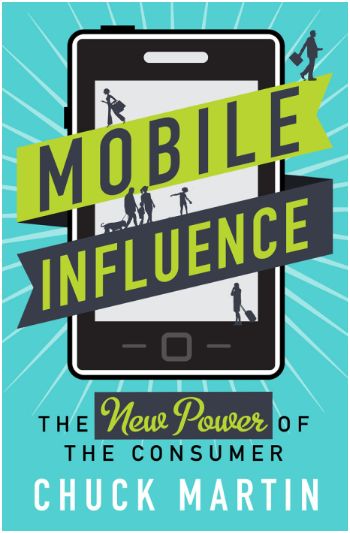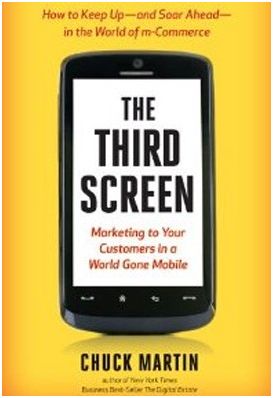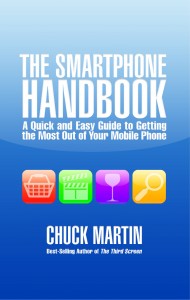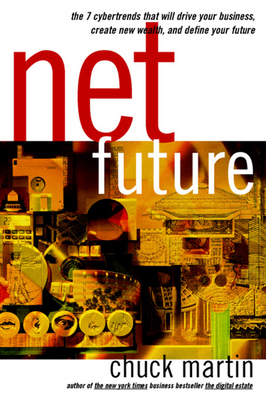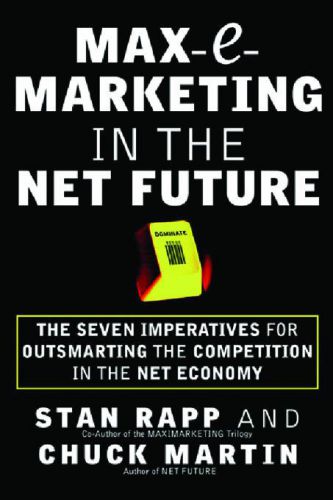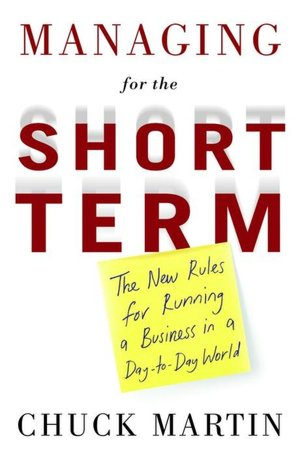By Chuck Martin
Have you ever wondered whether mobile shopping behaviors will end up split in some way or if spending patterns ultimately will resemble traditional retail spending patterns?
While some early research shows that people are using mobile devices to shop, in various forms, there may be a divergence in behavioral spending, adding to other differing mobile actions and habits.
There already is somewhat of a difference in certain mobile behaviors. For example:
- Some people scan barcode and price match in stores, others don’t.
- Some use mobile payments like PayPal and Square, others don’t.
- Some use check-in apps like Foursquare, others don’t.
- Some use airline travel apps, others don’t.
When we wrote in this space yesterday about how much people spend using smartphones and tablets, it raised the question of who is actually doing the spending.
One reader (thank you, Kevin) observed: “Until someone shows me different, here’s how I interpret this (and dozens of prior studies like it): people who can afford smartphones and tablets have more discretionary income than those who are “stuck” with laptops…therefore they spend more…”
Now along comes a new piece of research somewhat in support of this view.
According to a study by Unity Marketing, more than half of affluent shoppers are using mobile for shopping research and nearly 40% use their mobile device to purchase.
This does not say that most people with smartphones and tablets are affluent, but that those who are affluent are using smartphones and tablets for commerce. (The frequency of purchase was not addressed.)
The market is still somewhat split, with smartphone-feature phone penetration at 55% to 45%, with smartphone percentages projected to continually increase.
When a large majority of consumers have smartphones, do you see mobile shopping behaviors becoming a mirror of online and retail today or something different?
Chuck Martin is editor of mCommerce Daily at MediaPost and writes the daily MobileShopTalk. He is author of “The Third Screen,” “The Smartphone Handbook,” and the soon-to-be-published “Mobile Influence.” He is CEO of Mobile Future Institute and a frequent mobile keynote speaker around the globe.


